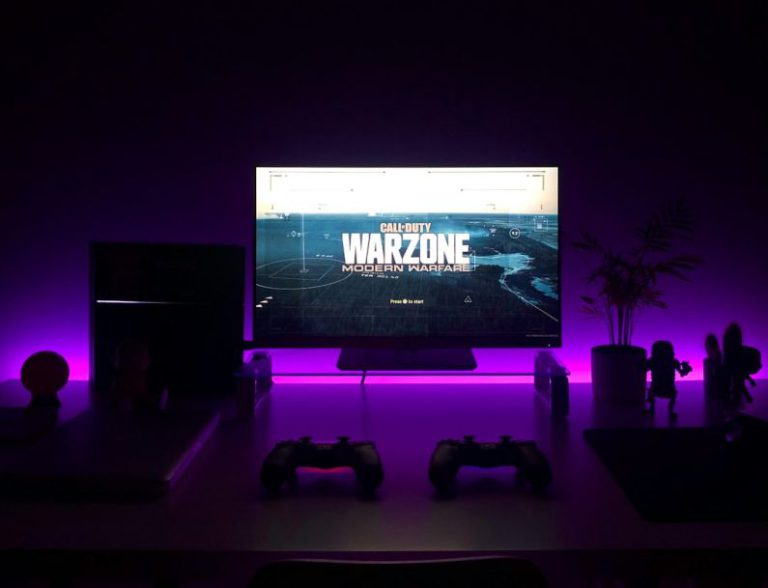How to Choose the Right Case for Adequate Cooling?
When it comes to building a high-performance computer, choosing the right case is crucial for ensuring adequate cooling. The case you select can significantly impact your system’s overall temperature regulation and performance. With so many options available on the market, it can be overwhelming to decide which case is best suited to your needs. In this article, we will discuss essential factors to consider when choosing a case that provides optimal cooling for your PC setup.
Selecting the Right Size and Form Factor
The first step in choosing a case for adequate cooling is to consider the size and form factor. The size of the case will determine the amount of space available for airflow and additional cooling components. Larger cases typically offer more room for installing fans, radiators, and other cooling solutions, which can help dissipate heat more effectively.
Additionally, the form factor of the case must match the motherboard size you plan to use. Common form factors include ATX, Micro-ATX, and Mini-ITX. Make sure to choose a case that supports your motherboard size to avoid any compatibility issues that may hinder proper cooling.
Optimizing Airflow and Ventilation
Proper airflow is essential for maintaining low temperatures inside your PC case. When selecting a case, pay attention to the airflow design and the number of included fans or fan mounts. Cases with good airflow typically feature mesh panels, vents, and strategically placed fan mounts to ensure that cool air is drawn in and hot air is expelled efficiently.
Consider the placement of fans within the case as well. Front intake fans should bring cool air into the case, while rear and top exhaust fans should expel hot air to prevent heat buildup. Additionally, installing additional fans or a liquid cooling system can further enhance cooling performance, especially for high-end components that generate more heat.
Materials and Build Quality
The materials used in constructing the case can also impact its cooling capabilities. Steel and aluminum cases are durable and offer good heat dissipation properties. However, these materials can be heavier compared to cases made from plastic or tempered glass.
Tempered glass panels have become popular for showcasing internal components, but they may not offer the same level of ventilation as mesh panels. If you prefer a case with tempered glass panels, ensure that it includes adequate ventilation options to prevent heat buildup.
Cable Management and Component Clearance
Efficient cable management plays a significant role in maintaining good airflow within your PC case. Properly routing cables and keeping them organized can prevent obstructions that may impede airflow and cooling. Look for cases with ample space behind the motherboard tray or dedicated cable management channels to route cables neatly.
In addition to cable management, consider the clearance for GPU, CPU coolers, and radiators when choosing a case. Make sure the case can accommodate the length of your graphics card, the height of your CPU cooler, and the size of your preferred radiator for liquid cooling solutions.
Noise Levels and Dust Filtration
While cooling performance is essential, noise levels and dust filtration are also crucial factors to consider when selecting a case. Cases with sound-dampening materials or fan mounts that reduce vibrations can help minimize noise generated by cooling components.
Furthermore, cases equipped with dust filters can prevent dust buildup inside the case, which can obstruct airflow and lead to higher temperatures. Regularly cleaning dust filters and maintaining a clean internal environment can prolong the life of your components and ensure optimal cooling efficiency.
Choosing a case with the right balance of cooling performance, noise levels, and dust filtration can enhance your overall computing experience and help you get the most out of your PC setup. By considering the factors outlined in this article, you can select a case that provides adequate cooling for your components, ensuring optimal performance and longevity for your system.






